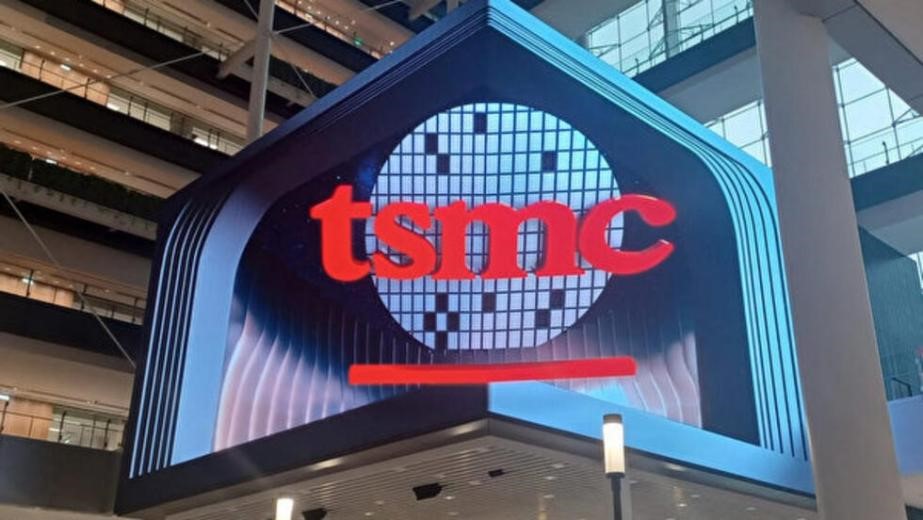In today's increasingly competitive global technology, the U.S. federal government is increasingly regulating the artificial intelligence (AI) industry. Recently, the U.S. Department of Justice and the Federal Trade Commission (FTC) announced that they would launch antitrust investigations into AI industry leaders — Nvidia, Microsoft, and OpenAI. The decision has undoubtedly caused an uproar in the tech world, and at the same time, other related companies, especially TSMC, the world's largest semiconductor foundry, have felt unprecedented pressure.
Regulatory storm hits: AI giants face a test
This action by the U.S. government is a direct challenge to the market dominance of AI industry giants. The Justice Department will investigate whether Nvidia violated antitrust laws, while the FTC will review OpenAI and Microsoft's actions. This is not only a test for these companies themselves, but could also have a profound impact on the competitive landscape of the AI industry as a whole.
TSMC's concerns: a ripple effect in the supply chain
As the world's leading semiconductor foundry, TSMC has close cooperative relations with AI giants such as NVIDIA. Lu Xingzhi, a well-known semiconductor analyst, warned on his social media that he was concerned that the US Department of Justice could be lobbied by competitors to crack down on these companies and potentially affect TSMC. This concern is not unreasonable, as the tightening of regulations could affect the business of companies such as Nvidia, which in turn could affect TSMC's orders and revenue.

Figure: How will TSMC face the situation of further strengthening supervision in the United States?
Stock price fluctuations: a direct reaction of the market
Nvidia's stock price plunged 6% after the announcement, and although it eventually closed down 1.14%, this has already reflected the market's sensitive reaction to the news. The volatility of stock prices also reminds us that regulatory risk has become one of the important factors for investors to consider.
The far-reaching impact of antitrust investigations
The core of an antitrust investigation is to observe whether a monopoly company uses improper means to exclude competitors. If the results of the investigation show that these companies do have violations, they will not only face fines and business restrictions, but may also be forced to change their business strategies. For TSMC, which relies on these customers, this is undoubtedly a huge risk.
Conclusion: TSMC's future path
The U.S. government's antitrust investigation of AI giants is not only a test for these companies themselves, but also a wake-up call for the entire industry and even the global supply chain. TSMC and other related companies need to closely monitor the progress of the investigation and be prepared for possible market changes. It is also an opportunity to rethink and review our own business model and compliance to ensure we are thriving in an increasingly stringent regulatory environment. TSMC's ability to survive this regulatory storm will depend on the flexibility of its response strategy and business adjustments.
In this tide of global technology competition, TSMC's future is full of uncertainties, but it is also full of opportunities.






